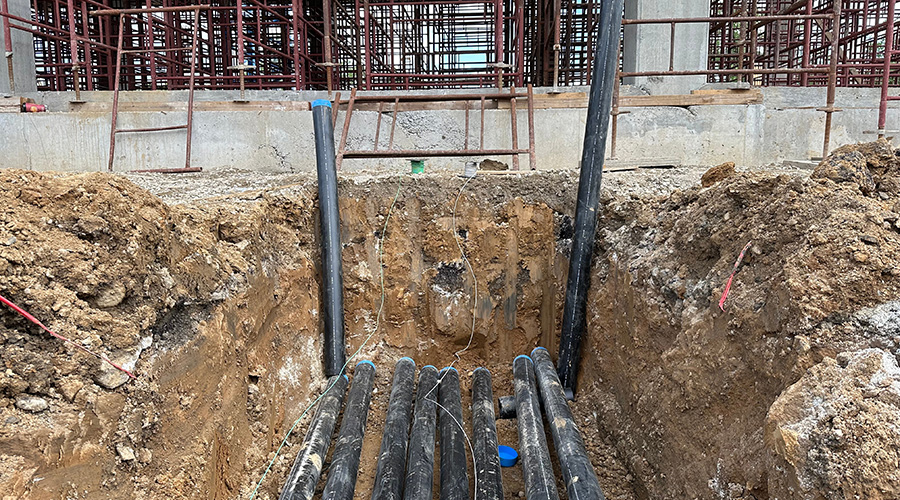Emerson Network Power, a business of Emerson, and the world’s leading provider of critical infrastructure for information and communications technology systems, released results of a new survey that shows IT and data center managers in North America are becoming more focused on how they manage remote network closets and server rooms used in edge computing. Emerson’s “2016 Cooling the Edge Survey” shows that more than half of the managers responding to the survey say insufficient cooling capacity is their largest concern at these sites.
The survey, which included nearly 400 responses from IT, data center and facilities managers in North America, found that 39 percent of the managers have increased their investments in IT equipment in small spaces in the last two years, and 23 percent anticipate adding additional network closets to their IT infrastructure in the year ahead.
Managers underscored the growing importance of these small IT spaces to their businesses. Forty-two percent said that the strategic importance of their small IT spaces has risen in the last two years, and 47 percent said small IT spaces contribute to driving revenue for their companies.
The survey also asked managers to rate their top three concerns in managing small IT spaces. Fifty-two percent ranked cooling capacity as their top concern, followed by service and maintenance, cited by 44 percent. Insufficient monitoring of equipment and cooling systems downtime were tied for third at 35 percent
“As more companies of all sizes realize the value and importance of edge computing in network closets and servers rooms, it is becoming more important than ever that their cooling and monitoring infrastructures be reliable, efficient and cost-effective,” said John Peter Valiulis, vice president, North America thermal management marketing, Emerson Network Power.
Managers said that 45 percent of spaces under 500 square feet were currently being cooled by building air conditioning or not at all, and 54 percent said they were likely to install dedicated cooling systems in small IT spaces over the next 12 months.
When it comes to operating concerns, 78 percent of managers said reducing risk is their top goal. At the same time, 43 percent want to reduce operational costs and 57 percent said they want to improve energy efficiency.
“It is very important for managers to cut costs without introducing potential points of failure in their small spaces, either through the technologies they use or how they deploy them. The opportunity to implement cooling systems with remote monitoring, which significantly cut energy consumption, is a way forward for these managers to balance risk mitigation and cost control,” Valiulis said. “These remote locations often lack dedicated technical personnel, so IT managers are challenged in managing these spaces for high performance.”
The managers’ responses pointed out potential challenges in the monitoring of these remote sites for environmental conditions and equipment performance. One of every six managers said they do not monitor their edge computing locations at all. Forty-seven percent said they rely on localized monitoring devices or a building maintenance system to ensure the systems’ continued operation. Fewer than five percent said they are currently able to observe the performance of multiple sites via a mobile application on their smartphones.
More information about the survey and how Emerson Network Power can address Edge IT is available at www.EmersonNetworkPower.com/Cool-SmallSpaces.







